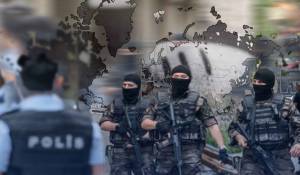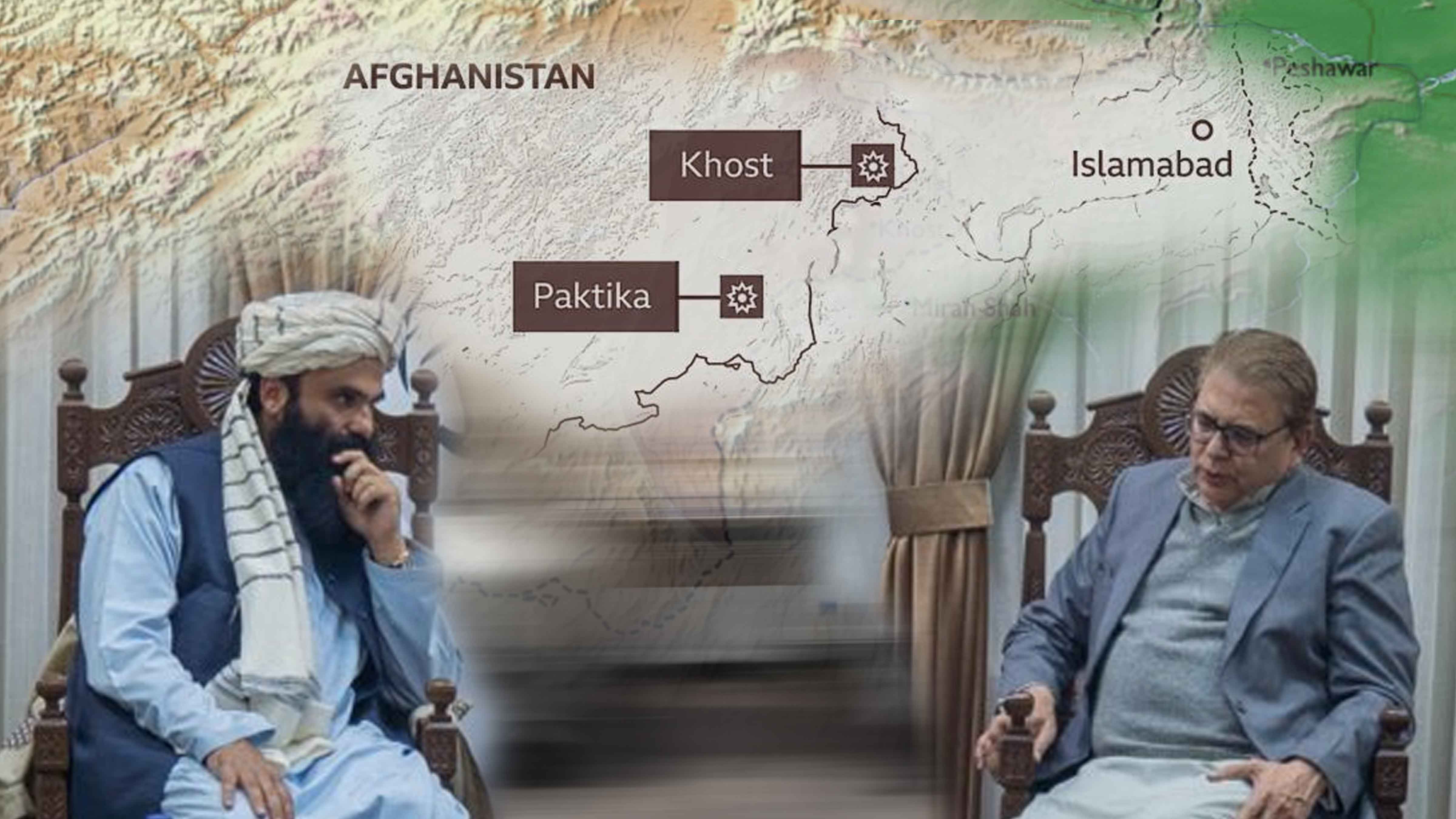
Iftikhar Firdous

March 04, 2026
By | Iftikhar Firdous , Ihsanullah Tipu Mehsud

Four days after 16 soldiers died in an assault by the Pakistani Taliban on a border post, Pakistan retaliated by striking the militant group inside Afghanistan, third time since August 15, 2021.
The Tehrik-e-Taliban Pakistan [TTP] has remained a contentious issue between both countries since the Taliban took over Afghanistan, resulting in a standoff between both countries that has caused border closures, diplomatic rows, and a tautology of blames.
However, Islamabad and Kabul begun to break ice when Pakistan re-appointed its Special Representative for Afghanistan in the first week of December, coinciding with the resumption of a long-stalled process to resettle the Pakistani Taliban in Ghazni, away from the Pak-Afghan border.
The process came to a halt when Khalil Haqqani, the Minister for Refugees was killed in a suicide bombing by the Islamic State of Khorasan Province [ISKP] six days after the Special Rep. for Pakistan flew to Afghanistan in a bid “to create an understanding between both countries” much with efforts of the Chinese and Russians.
Although there was no direct statement from the Interim Afghan Government, fingers were pointed toward Islamabad, who Kabul has openly accused of harboring ISKP affiliates in Balochistan.
Haqqani’s assassination led to a distrust with consequences on three fronts, a Pakistani Official surmised, the TTP would be weaponized further, the process for their settlement in Ghazni would be impeded and it could jeopardize the entire trust-building process” he told The Khorasan Diary, after the incident.
In the early hours of a cold morning on December 21, 2024, the Pakistani Taliban, attacked a border security post in Makeen, South Waziristan Upper resulting in the death of 16 soldier and 12 injuries. The attack came as a shock, it was the largest fatality count the country had witnessed in months. The optics of such a huge death toll from the military that has been criticized for its alleged political involvement created a situation in which the Corps Commander of Peshawar had to visit South Waziristan the very next day, followed by the Chief of Army Staff to reassess the security situation and a morale booster for the troops.
Three days after the attack, at around 8:30 pm Pakistan time, Pakistan launched a series of aerial strikes to target the TTP in Paktika, in which four militant camps and eleven houses were targeted. Amongst the targets were Sherzaman Mukhlisyar and Izhar Hamza who Pakistani officials said was running a training camp, and Shoaib Iqbal Cheema, who goes by the name of Muneeb-ur-Rahman Jutt, the head of the TTP’s media team, that runs Umar Media, the groups official platform.
“They all survived. Akhtar's accomplice is injured. There are bodies of children and women,” ground sources who reached the sites of the attacks for rescue efforts told The Khorasan Diary.
Around midnight, The Afghan Ministry of Defense confirmed the Pakistani strikes, in a statement and vowed retaliation, while the Pakistani government has not yet issued a formal statement regarding the strikes.
“The Islamic Emirate of Afghanistan considers this brutal act against all international principles and a blatant aggression and strongly condemns it,” the Afghan Defense Ministry Statement read.
While there was no official statement from Pakistan, a senior Pakistani official, speaking to The Khorasan Diary on condition of anonymity, acknowledged the strikes.
"We targeted the base from which our border post in South Waziristan was attacked, resulting in the death of 16 soldiers. As a policy measure, any future attacks on Pakistani soil will be traced and targeted at their source, wherever it is located,” the official said.
The next morning the Pakistani Taliban's, Umar Media, released a 5-minute video featuring Chaudhary Muneeb Jutt, from an undisclosed location. In the video, Jutt claims that he is alive, contradicting earlier reports of his death.
Jutt also denied reports that the Umar Media setup was destroyed in the strikes carried out by Pakistan on December 24, 2024, against at least four suspected Pakistani Taliban hideouts in Paktika Province, Afghanistan.
Afghan Interim Government spokesperson Zabihullah Mujahid claimed that at least 46 people were killed in the Pakistani airstrikes including women and children.
Following the Afghan Defense Ministry's statement vowing retaliation, Hafiz Gul Bahadur, a separate faction of the Pakistani Taliban operating independently of the Tehreek-e-Taliban Pakistan (TTP), in a statement, also threatened revenge attacks against Pakistani security forces.
Pakistan's airstrikes appear to be a calculated move, conveying a dual message to Afghanistan: Pakistan remains open to diplomatic efforts to resolve the TTP issue, but it will not hesitate to take hard steps if TTP-led attacks, deemed to be orchestrated from Afghan soil, continue inside Pakistan.